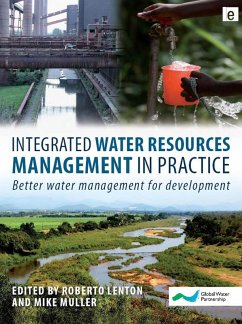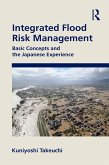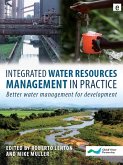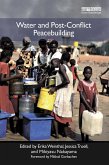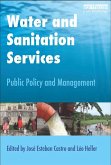Using case studies, the book illustrates how better water management, guided by the IWRM approach, has helped to meet a wide range of sustainable development goals. It does this by considering practical examples, looking at how IWRM has contributed, at different scales, from very local, village-level experiences to reforms at national level and beyond to cases involving trans-boundary river basins.
Using these on-the-ground experiences, from both developed and developing countries in five continents, the book provides candid and practical lessons for policy-makers, donors, and water and development practitioners worldwide, looking at how IWRM principles were applied, what worked, and, equally important, what didn't work, and why.
Published with the Global Water Partnership
Dieser Download kann aus rechtlichen Gründen nur mit Rechnungsadresse in A, B, BG, CY, CZ, D, DK, EW, E, FIN, F, GR, HR, H, IRL, I, LT, L, LR, M, NL, PL, P, R, S, SLO, SK ausgeliefert werden.

